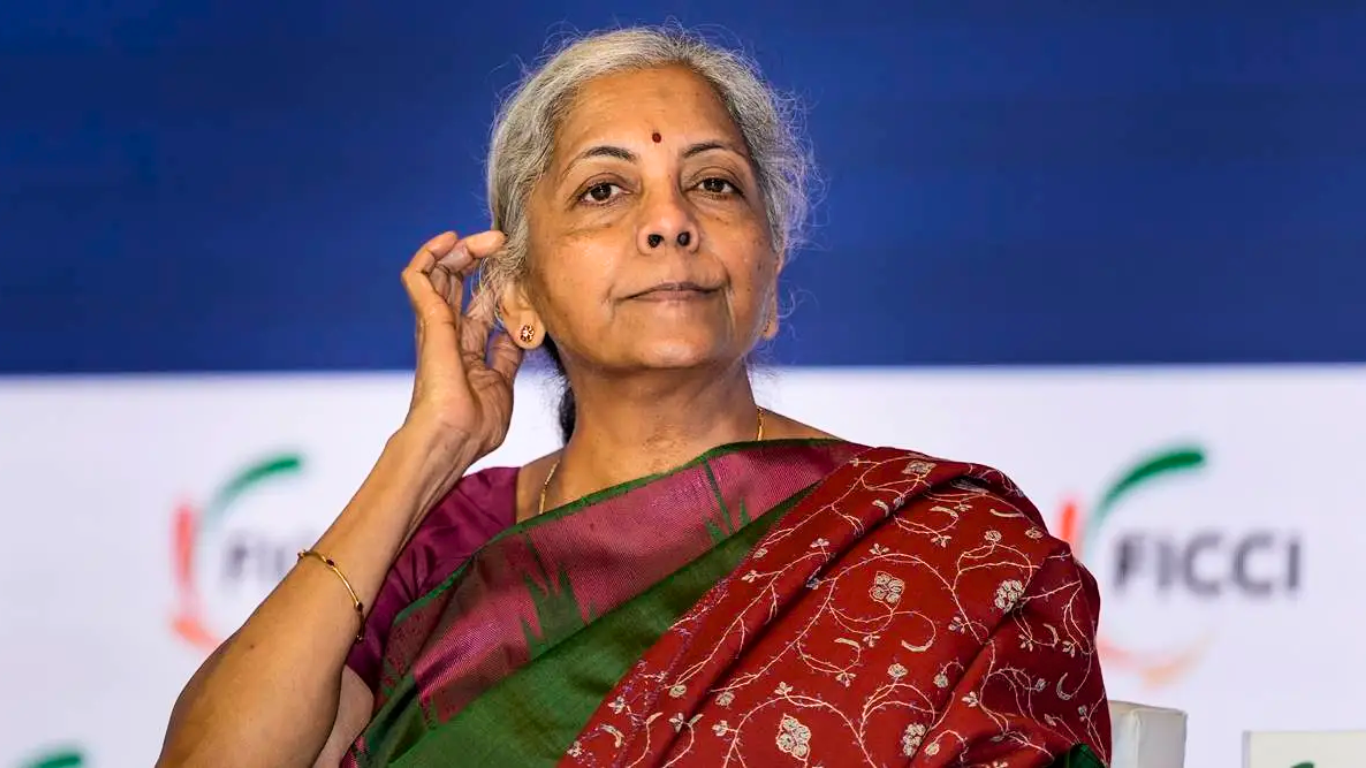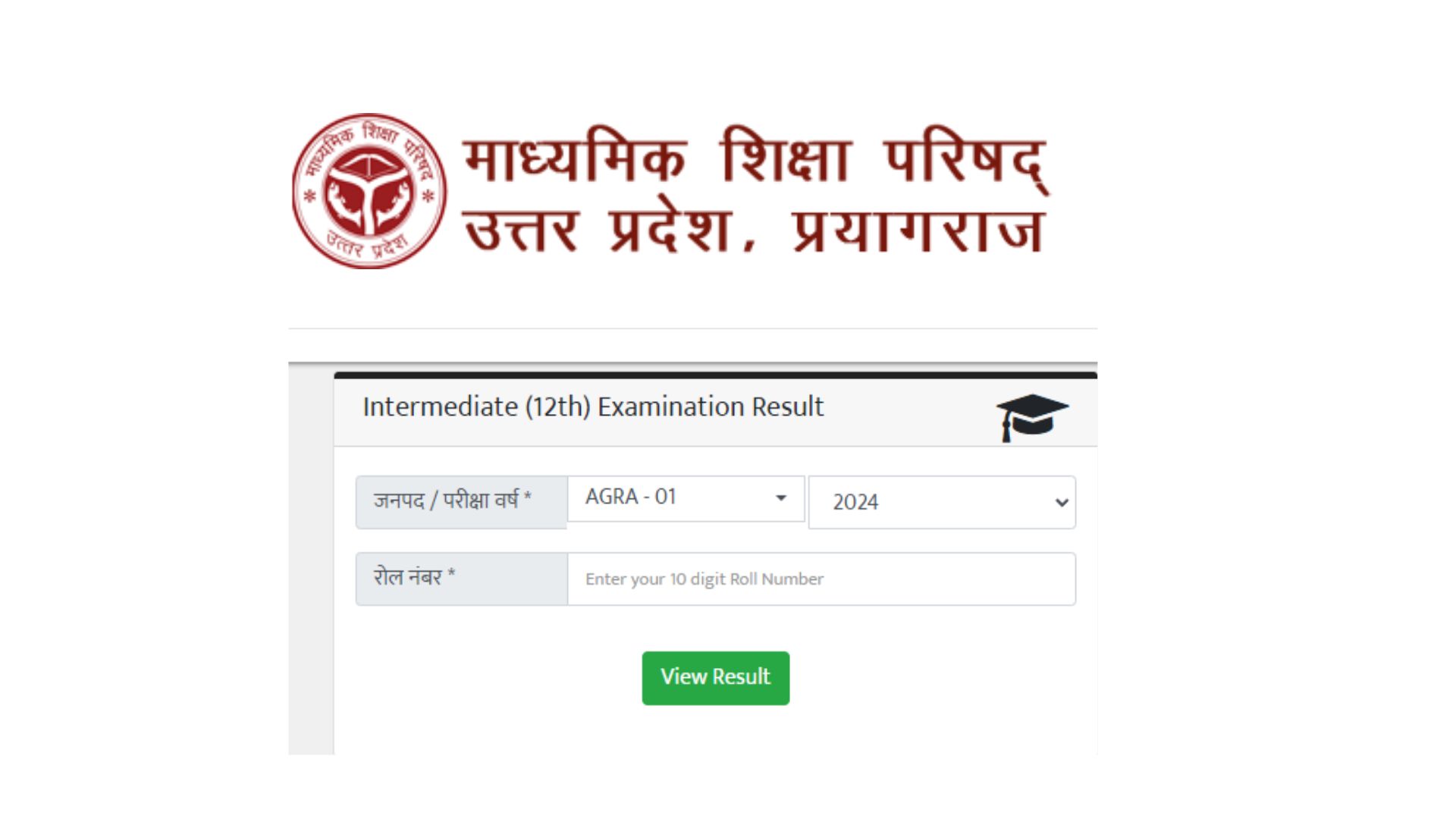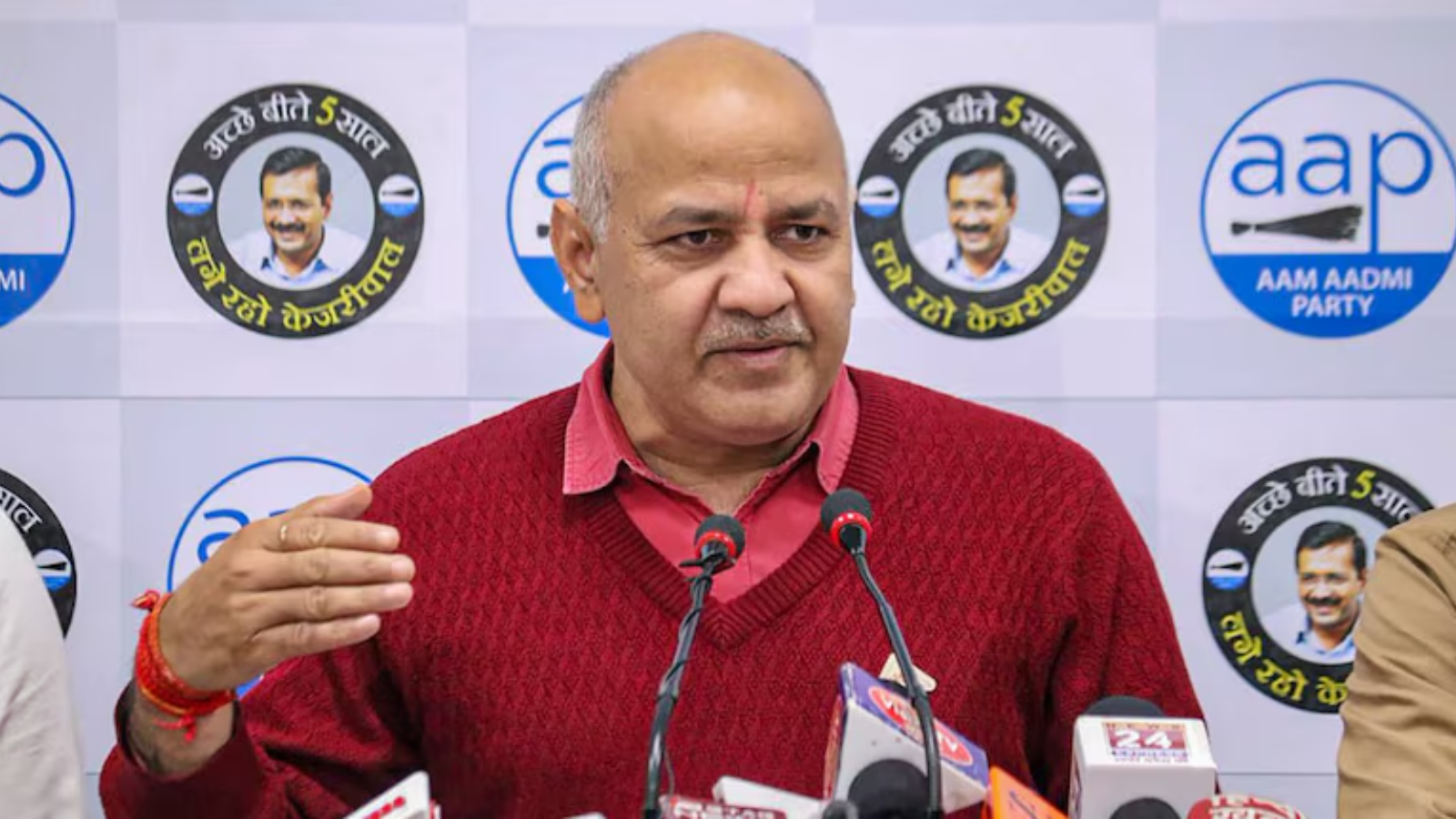


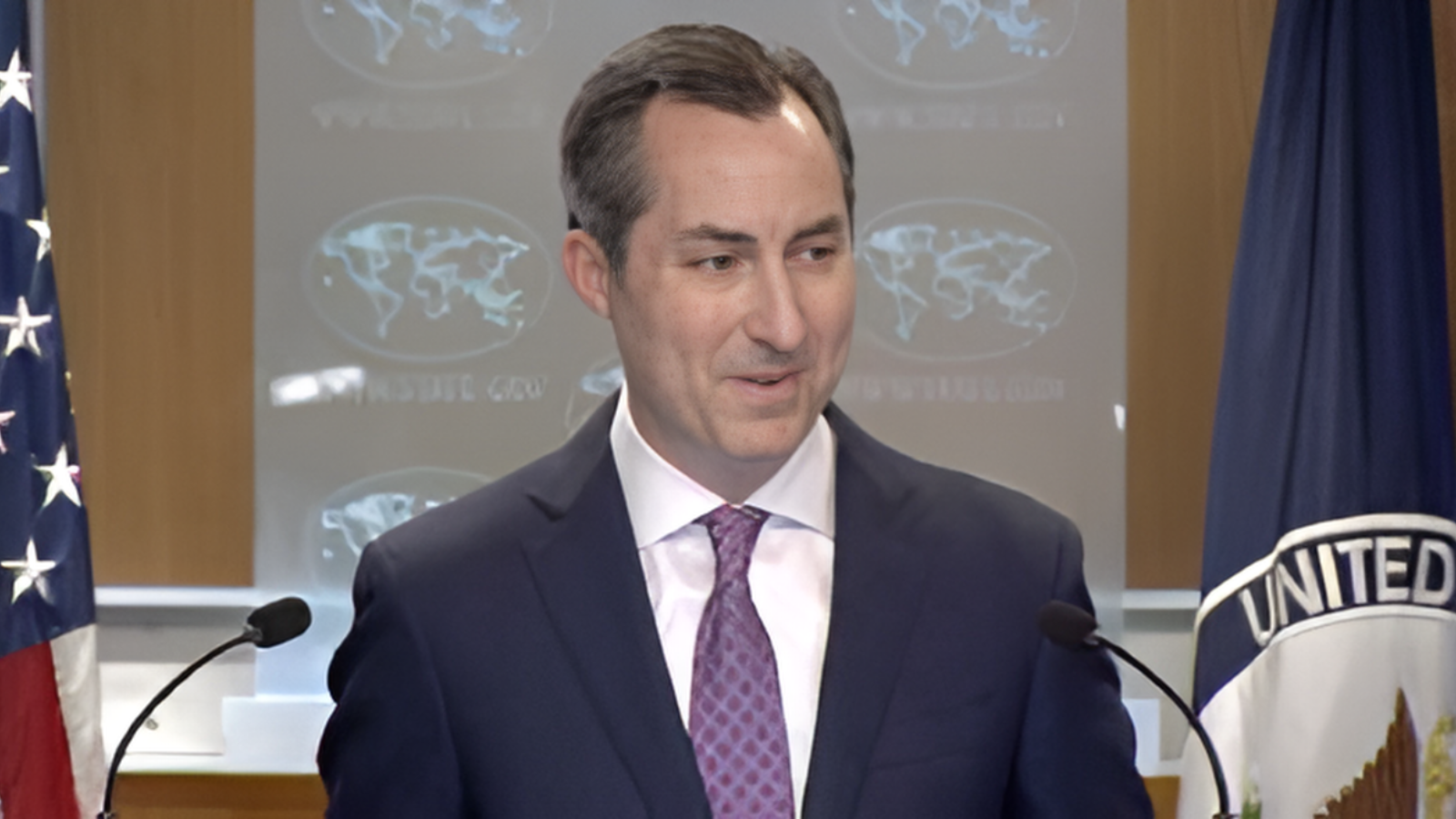


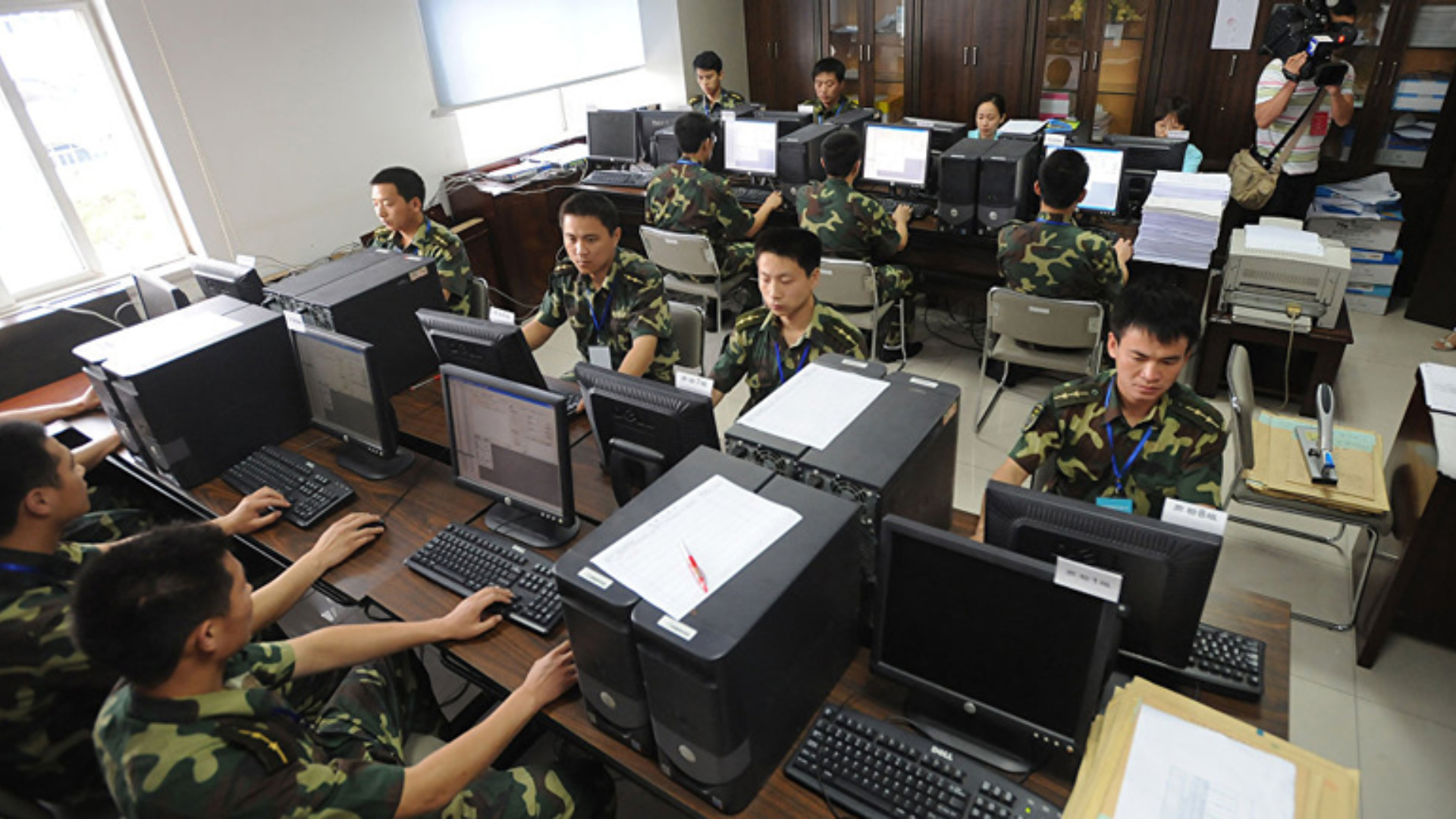



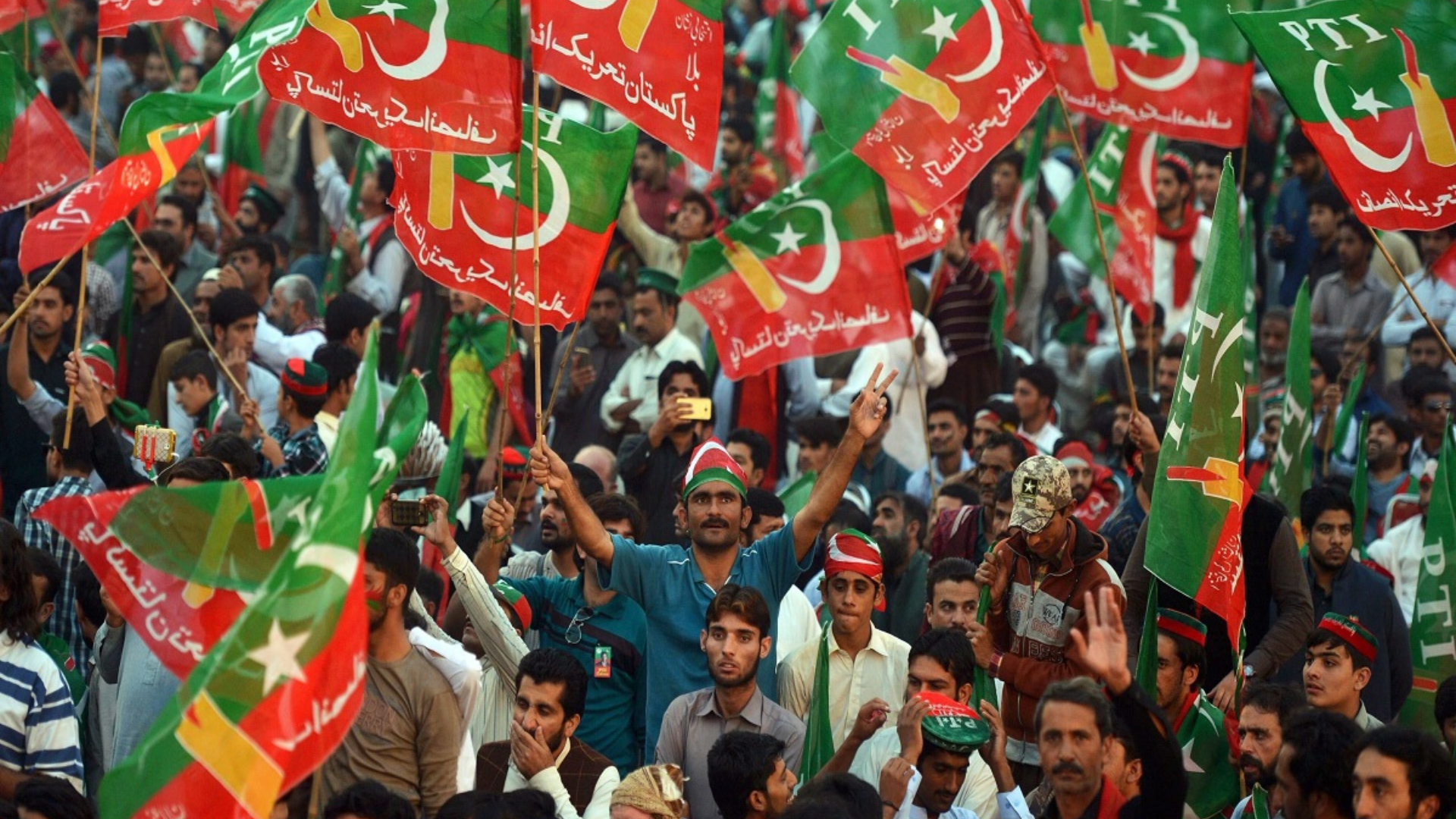
Pakistan Tehreek-e-Insaf (PTI) leader Asad Qaiser has announced the party’s plans to initiate a series of street protests following the conclusion of Eidul Fitr, as reported by ARY News.
During an appearance on an ARY News program, Qaiser revealed that the PTI’s core committee has approved this decision, with the first protest scheduled to commence on April 13 in Pishin, Balochistan.
Looking ahead to the upcoming demonstrations, Qaiser shared that the core committee is set to convene once more on April 12 to finalize logistical details and make preparations for nationwide protests.
In a bid to broaden their support, Qaiser disclosed that the PTI has been in discussions with various political entities. These include engagements with the Sunni Ittehad Council, Majlis-e-Wadhat-e-Muslimeen (MWM), Mahmood Khan Achakzai, and Akhtar Mengal, according to reports from ARY News.
Expanding on their outreach efforts, Qaiser confirmed ongoing talks with Jamaat-e-Islami’s (JI) Liaquat Baloch and Jamiat Ulama-e-Islam Fazl (JUI-F) chief Maulana Fazlur Rehman.
Expressing dissatisfaction with the Election Commission of Pakistan (ECP), Qaiser criticized what he perceives as the ECP’s biased stance against the PTI. He accused the ECP of failing in its constitutional and legal duties, alleging a deliberate effort to sideline the PTI from the political arena. Qaiser highlighted instances of alleged recounting in constituencies where PTI candidates had emerged victorious.
The former National Assembly Speaker further asserted that the ECP has turned a blind eye to reported incidents of electoral irregularities favoring rival parties, specifically mentioning cases where the PTI’s electoral mandate was allegedly compromised.
In a recent development, the provincial election commissioner postponed Senate elections in Khyber Pakhtunkhwa following objections from opposition members. Qaiser emphasized the need to address issues such as the delay in the swearing-in of opposition members elected to reserved seats, which has remained a contentious issue.
Additionally, Qaiser relayed concerns from a Pakistan People’s Party (PPP) leader regarding purported efforts to diminish their representation in assemblies. He suggested that there may be a concerted effort to bolster the Pakistan Muslim League-Nawaz (PML-N).
Amidst these challenges, Qaiser stressed the importance of judicial oversight, particularly in light of perceived pressures on the judiciary, the conduct of the ECP, and alleged threats to PTI leadership, as reported by ARY News.
The PTI’s planned protests and engagements with various political entities underscore a growing sense of discontent with the current political landscape. The party aims to address perceived injustices and push for electoral transparency and accountability in the country’s democratic processes.

